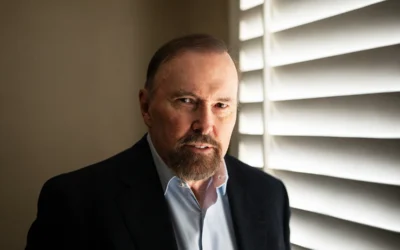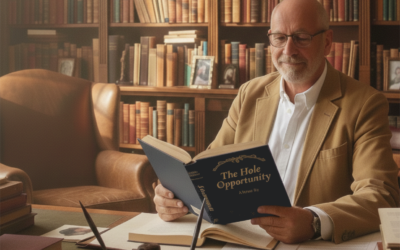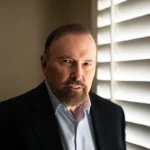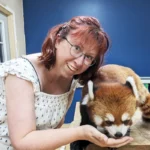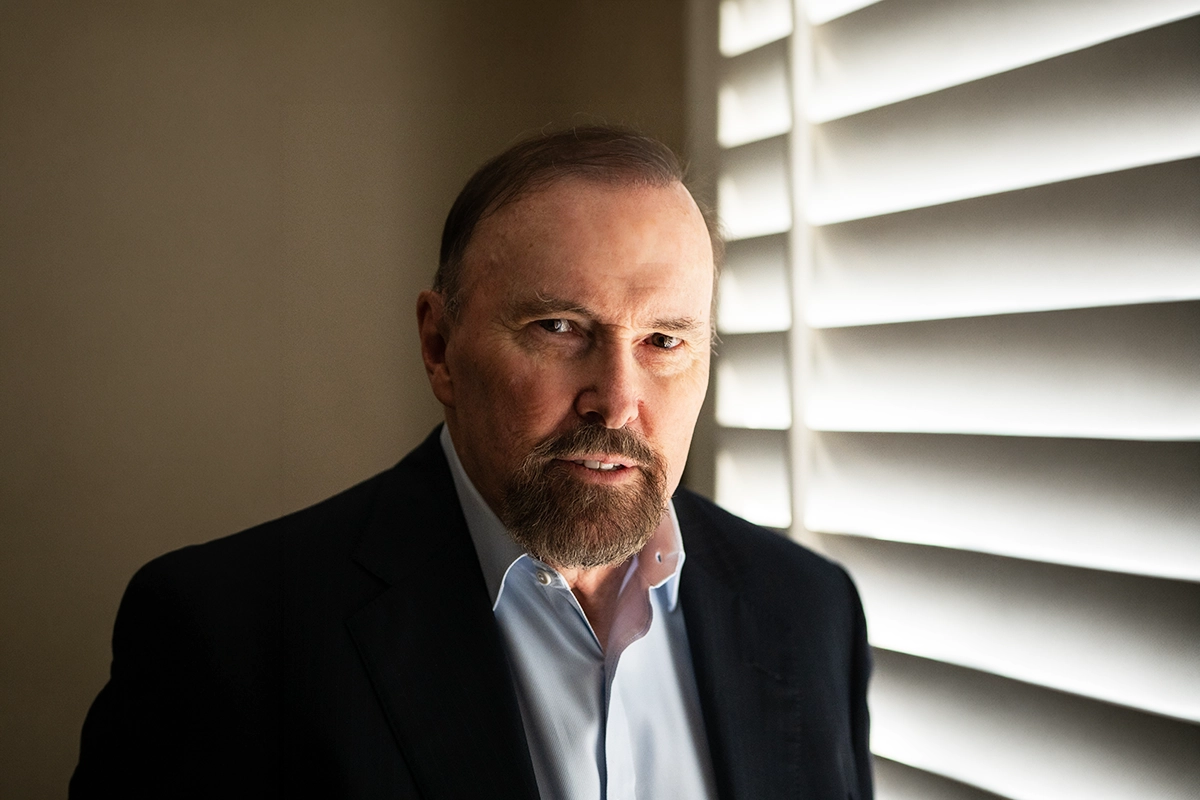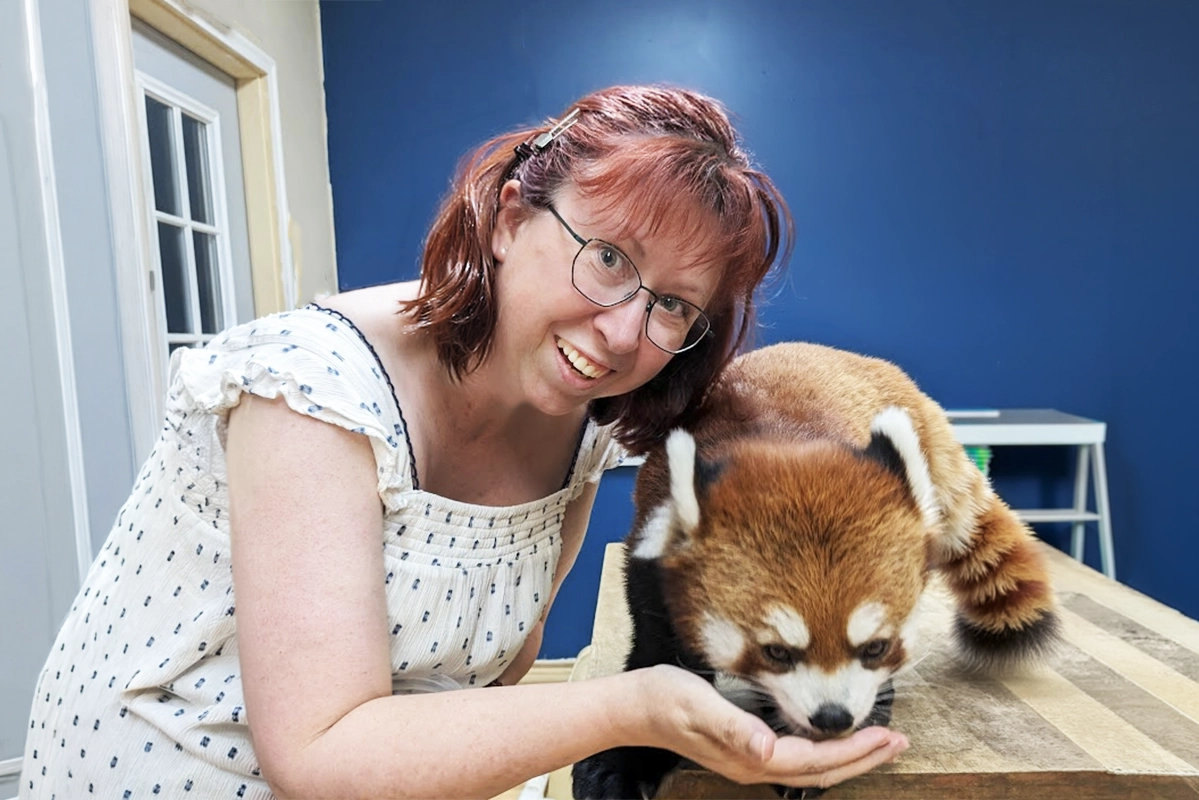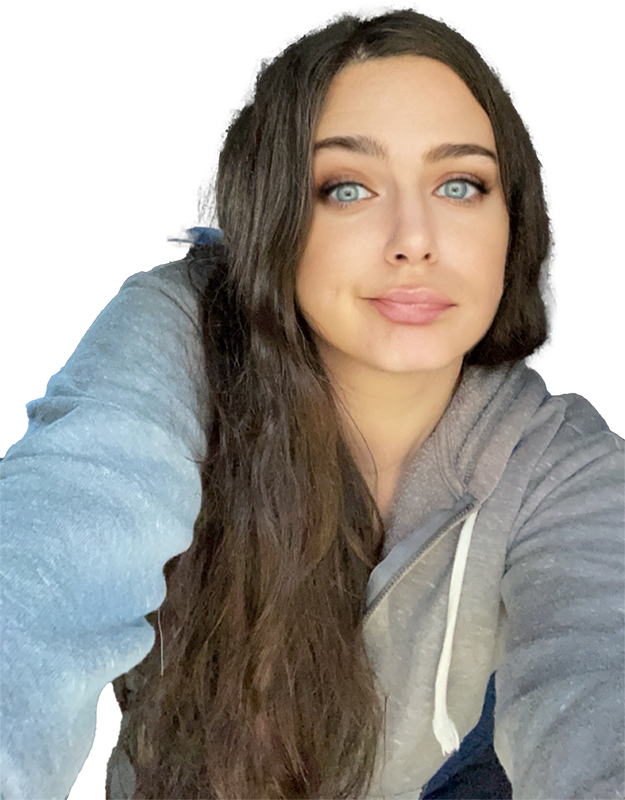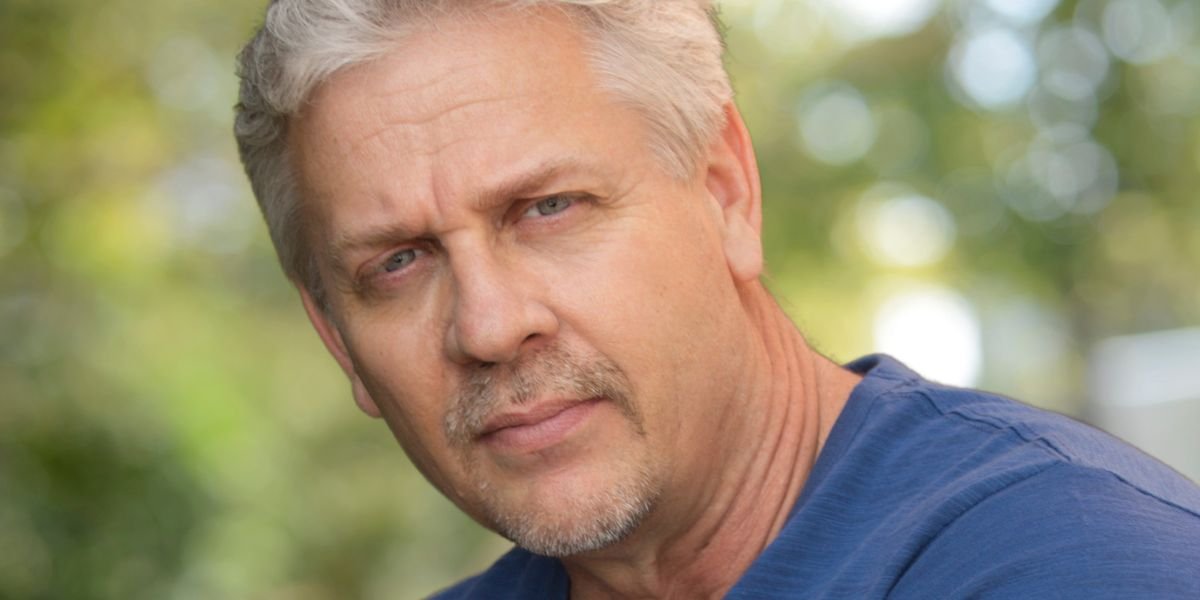Maria Johnsen Weaves Innovation, Culture, and Creativity Into a Transformative Global Legacy
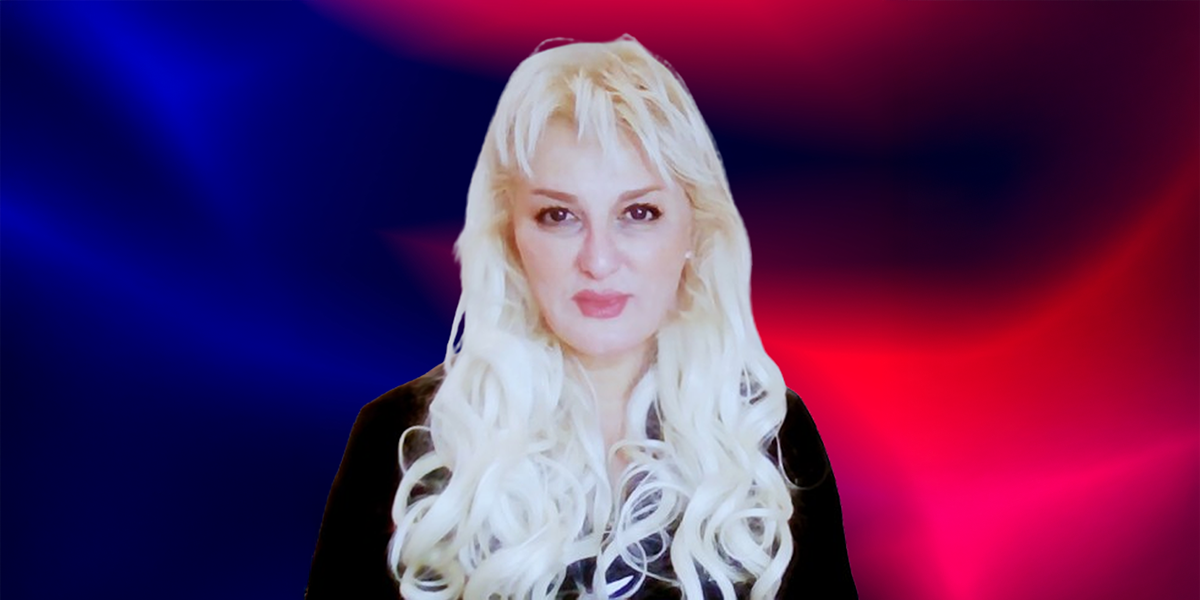
Multilingual Visionary Bridging Cultures Through Art and Innovation
Maria Johnsen’s expansive career blends storytelling, technology, and cultural insight, creating impactful work across continents in literature, film, digital marketing, and multilingual education.
Maria Johnsen is a literary force, a cinematic visionary, and a pioneering voice in multilingual digital innovation. Her work defies categorisation—spanning continents, disciplines, and mediums with breathtaking fluency. At Mosaic Digest magazine, we champion creators who not only tell compelling stories but also shape the future of global communication and artistic expression. Maria does both, with striking clarity and passion.
With 96 books in over 250 countries, Maria’s written legacy is as intellectually expansive as it is emotionally resonant. Whether she’s exploring the frontiers of artificial intelligence and digital marketing or chronicling wartime resilience through sweeping historical drama, her writing is always anchored by a rare fusion of technical mastery and human insight. Titles like The Business of Filmmaking and The Future of Artificial Intelligence in Digital Marketing establish her as an authority in her fields, while Roses and Chocolates reveals her poetic vulnerability and reverence for generational memory.
Maria Johnsen’s brilliance lies in her fearless storytelling, cross-cultural fluency, and unwavering commitment to empowering global audiences through innovation and empathy.
Maria’s reach extends far beyond the page. As a filmmaker and musician, she embraces storytelling in all its forms—composing over 280 songs across genres and directing a powerful portfolio of films. Her music and screenwriting amplify marginalised voices and spotlight cultural tensions with both defiance and grace. Her global audience spans platforms, languages, and ideologies—a testament to the universal truth embedded in her work.
In this exclusive interview for Mosaic Digest, Maria reflects on her creative evolution, the personal and political forces shaping her art, and the deep convictions guiding her collaborations. She speaks with the candid wisdom of someone who has lived many lives—teacher, entrepreneur, artist, activist—and invites us to witness how stories, when told with intention, can transcend borders and redefine possibility.
With 96 books to your name, many of which bridge fiction and nonfiction, how has your storytelling evolved over time, and what keeps you returning to the written word as your primary medium?
Storytelling, for me, has always been about resonance. In the early years when I was 10 years old, I was driven by an urgency to document, to express, to capture what I feared might vanish. Over time, my writing became more reflective, less about outcomes and more about immersion, voice, and nuance. I began to explore silence, subtext, and contradiction. What keeps me returning is its permanence and intimacy. A story on the page allows readers to meet it in solitude. That is sacred. No other medium provides such a precise space for unfiltered communion between the artist and the audience.
Your upcoming film, How to Disappear Slowly, is described as a psychological drama and a meditation on creative invisibility. How much of this story is drawn from your own experience as an independent artist navigating today’s industry?
A great deal of it. The emotional blueprint is deeply personal. How to Disappear Slowly isn’t autobiographical in a linear sense, but it does distill the experience of existing on the margins, creating without the machinery, watching others pass through gates you’ve stood in front of for years. It also explores the seductive pull of vanishing, not just physically, but spiritually. There’s a quiet rebellion in choosing obscurity over performative success. That tension drives the film.
You’ve written in 18 languages, using literature, film, and music to bridge cultural divides. Can you share a moment when your work made a significant impact across borders, perhaps unexpectedly?
Yes, one of the most unexpected moments came when I released a series of songs about Greenland. I wrote them in multiple languages, including Korean, Chinese, and Japanese. All tracks, United for Greenland , We are Greenland https://www.facebook.com/multilingualseoexpert/videos/575292668156572 https://www.facebook.com/multilingualseoexpert/videos/3537075843096647 , Calling his Bluff https://www.facebook.com/multilingualseoexpert/videos/1145414180929534 , solidarity on soundcloud https://soundcloud.com/maria-johnsen-official/solidarity Ain’t Untouchable, Hands Off Greenland , Greenland Belongs to Us, went viral on social media. The response was overwhelming. People across Europe, the U.S., Canada, the UK, and Australia connected deeply with the music.
The songs are rooted in metal, with a strong Scandinavian and Nordic influence, which felt natural to me as a Nordic artist. Someone once asked why I chose metal as the medium. My answer was simple: the intensity and texture of metal resonate with the themes I was exploring. Besides, Norway has long been a pioneer in metal music. Industrial metal is my main genre, though I compose in other styles as well.
For instance, in my biopic film Carlo’s American Dream, I used jazz and blues to reflect the cultural and emotional layers of the story, and audiences responded with great warmth. Across genres, 99% of my songs are broadcast on U.S. radio, which shows that good storytelling, regardless of form or language, can cross borders and build bridges.
“Good storytelling, regardless of form or language, can cross borders and build bridges.” – Maria Johnsen
Roses and Chocolates is deeply personal, rooted in your great-grandparents’ wartime love story. What was the emotional journey of transforming family history into a large-scale historical drama, and what do you hope modern audiences take away from it?
I resisted writing Roses and Chocolates for years because it felt too raw. But when I finally began and published the novel in 2014, it was like writing with a hand on my shoulder, an ancestral presence guiding every word. The journey was filled with grief, discovery, and deep gratitude. While I did extensive historical research, the emotional truths always mattered more than the archival ones.
At its heart, this story is about love enduring through unimaginable hardship. I hope modern audiences recognize that even in the darkest times, love can be an act of defiance. It can save not only lives but entire generations.
Given today’s global tensions and the growing fear of another world war, I believe this is the right time to bring Roses and Chocolates to the screen. A co-production between the US, UK, Germany, and Poland reflects both the shared history and the shared responsibility to remember. This film is a reminder: war is brutal, and we once worked hard to avoid it. Now, with rising pressure from global powers, including both Trump s American administration and Russia, it feels like history risks repeating itself. Our mission is simple: to show how hard those days were, and why we must never forget.
Your use of music, some of which has gone viral, to address topics like Greenland’s geopolitical tensions shows your versatility. How do you decide which medium best suits a story or theme you’re passionate about?
I follow the texture of the idea. Some stories have a pulse, they need rhythm, breath, harmony, and music becomes the natural container. Others demand solitude and unfolding, which is where literature comes in. Film is for the stories that need to be seen and heard, simultaneously, because their impact depends on atmosphere. The story chooses the form. I just listen carefully.
With seven feature films in pre-production and a strong desire to co-produce with UK and U.S. companies, what kind of partnerships are you looking for, and what values are non-negotiable when choosing collaborators for your work?
I’m looking for collaborators who understand that art can be both intimate and global. People who are less interested in spectacle and more devoted to storytelling with soul. Integrity, reciprocity, and curiosity are non-negotiable. I want producers and partners who care about the long arc of meaning, not just opening weekend numbers. We can do scale without losing depth, and that’s the future I want to build with like-minded creatives.

